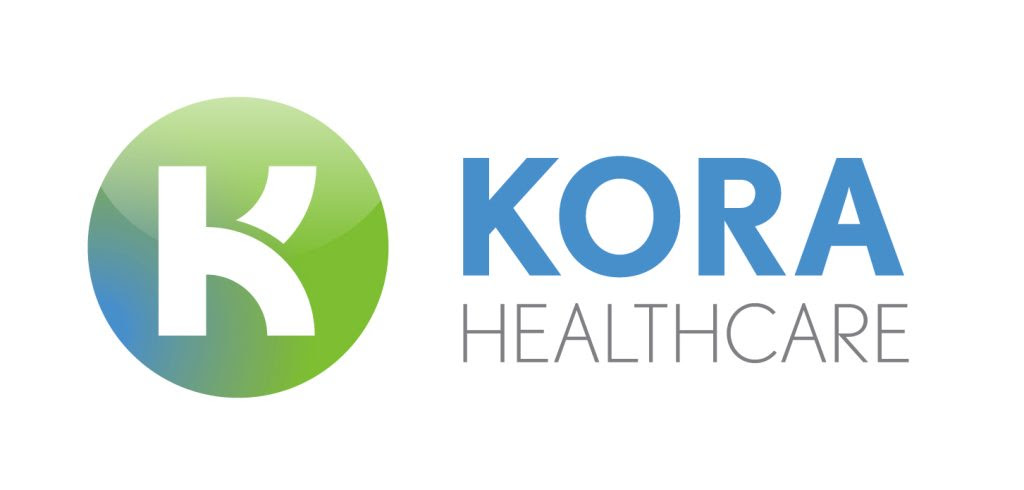
Licensing of non-surgical cosmetic procedures in England
The deadline for responding to the consultation for the DHSC proposed Licensing Scheme for non-surgical cosmetic procedures is 11:59 pm on Saturday 28th October. Sclerotherapy falls within the remit of the proposed regulations, so it is important that you complete your response prior to this date to ensure your voice is heard. If you do not respond to the consultation, sclerotherapy runs the risk of being a cosmetic procedure that can be performed by any licensed (not necessarily medical) practitioner – we urge you and your colleagues and your patients to respond now!
The consultation asks for views on the types of procedures that should be included within the licensing scheme, whether the carrying out of certain procedures should be restricted to qualified and regulated healthcare professionals, or to qualified and trained practitioners working with clinical oversight. The consultation also seeks views on imposing age restrictions on who may receive such procedures.
The BAS Position Statement will be available on the BAS website tomorrow.
Click here to go to the Government website for full details of the proposed scheme and the consultation process.
The procedures to be regulated under the Licensing Scheme will be categorised as:
“Green: procedures with the lowest risk of complications. All practitioners are eligible to perform licensed procedures where they meet agreed standards.
Amber: procedures with medium risk of complications. Non-healthcare professionals must be licensed and have relevant oversight by a named regulated healthcare professional (who has gained an accredited qualification to prescribe, administer and supervise aesthetic procedures). This is based upon the principles of the clinical oversight model recommended within Professor Sir Bruce Keogh’s 2013 Review of the regulation of cosmetic interventions and Health Education England’s (HEE) Qualification requirements for the delivery of non-surgical education and training (2015). Qualified and regulated healthcare professionals are eligible to perform these procedures without oversight where they meet agreed standards.
Red: procedures with the highest risk of complications. In line with the proposal on CQC regulation of cosmetic procedures outlined above, bringing specified high-risk procedures into CQC regulation, so that they fall outside of the scope of the licensing scheme. We are also proposing to restrict these procedures to qualified and regulated healthcare professionals only.”
Currently injection microsclerotherapy (spider vein treatment) sits in the amber category, i.e. Qualified and regulated healthcare professionals are eligible to perform these procedures without oversight where they meet agreed standards. Can be performed by non-healthcare practitioners with ‘supervision’.
The proposal also states “Where a non-surgical cosmetic procedure is provided by or under the supervision of a healthcare professional … and is being performed as part of treatment for a disease, disorder or injury, the procedure may meet the criteria for the CQC regulated activity of treatment of disease, disorder or injury (TDDI). Should a procedure be considered to be TDDI and fall within the remit of CQC regulation, it would be outside the scope of the licensing scheme. TDDI does not include interventions carried out purely for cosmetic purposes..
We propose that any procedure that requires a prescription-only medicine (POM) must, at the very least, be overseen by a qualified and regulated healthcare professional.”
Click here to go to the Government website for more details
Click here to start the Department of Health & Social Care Questionnaire
- Latest News
- Highlights of BAS 2024 Sclerotherapy Conference Posted: 12th June 2024
- BAS 2024 Registration is now open! Posted: 6th March 2024
- Licensing of non-surgical cosmetic procedures in England Posted: 26th October 2023
- BAS 2024 Conference Posted: 9th October 2023
- Highlights of BAS 2023 Sclerotherapy Conference Posted: 1st June 2023






